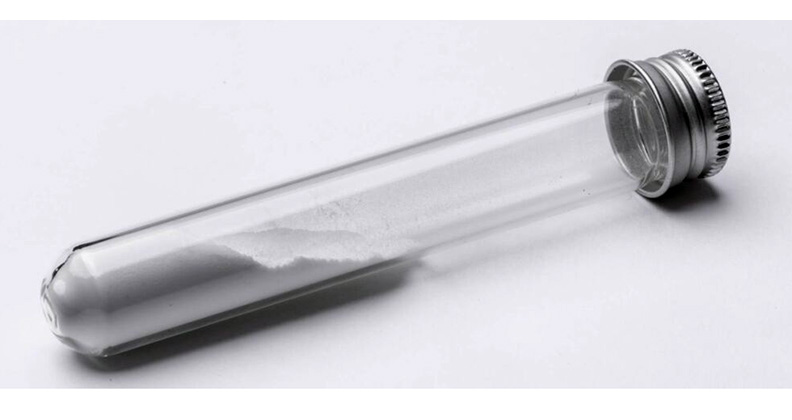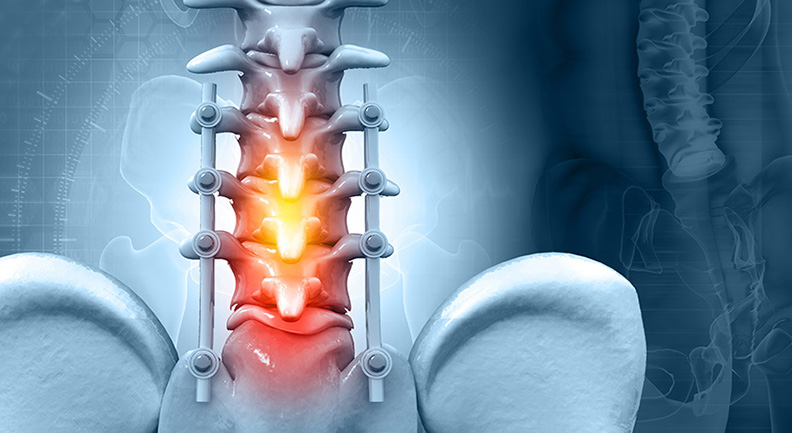
When it comes to successful product commercialization, relationships are key. A strong contract manufacturer not only has good relationships with its OEM customers, but also with its suppliers. Customers are the catalyst of a contract manufacturer’s business, but suppliers are the subject matter experts on whom manufacturers and OEMs depend. As OEMs consider a partner for their next product launch, they should understand how contract manufacturers manage relationships throughout the supply chain to ensure high capability expertise alongside quality and lead time demands.
Precision Medical Technologies’ Paige Whitford, Quality Systems Engineer, and Michael Conrad, Vice President of Business Development, know this firsthand, as they work with customers every day to deliver products on schedule. They shared ways in which solid relationships and capability expertise can benefit orthopedic device companies.
Loyalty and Trust
Supplier relationships are foundational to a contract manufacturer. There must be loyalty and trust that the supplier will perform any specialized processes well and on time to complete a customer’s product.
“We rely on our suppliers to do their part,” Whitford said. “When they’re on time with their processes, it helps us be on time for our customers; it’s mutually beneficial in that way. Strong relationships with our suppliers enable us to be a reliable manufacturer for our customers and someone they trust.”
With launch dates typically already set when device manufacturers approach a contract manufacturer, strong supplier relationships ensure devices will be manufactured right the first time so that product stays on schedule.
“If we have a supplier that has to rework or scrap product, that delays the timeline even longer,” Conrad said. “Our delivery lead times are a reflection of us. Working with reputable suppliers gives our customers confidence they can come back, and we’ll deliver every time.”
A Growth Mindset
In an industry that’s rapidly changing and evolving, surrounding yourself with partners who are willing to grow along with you is critical. Device manufacturers seek a growth mindset from their contract manufacturers, which, in turn, should seek it in their suppliers as well.
“We see customers who are rapidly expanding and have tremendous growth, so we must also have suppliers who are trying to grow along with us,” Whitford said.
Having contract manufacturers and suppliers who can accommodate growth is particularly important when product launches or expansions pick up.
“When the industry gets busy, larger contract manufacturers can get 25 to 30 weeks out for a pretty standard project,” Conrad said. “It’s important for us to work with suppliers that are poised for growth to keep lead times standard and avoid bottlenecks for our customers.”
Collaboration
Orthopedic device production involves many moving parts, so a collaborative environment is critical to finding the best solutions and achieving quality products on schedule. Contract manufacturers with good supplier relationships can bring them into the room with customers and have open communication, providing guidance and problem solving along the way.
“Working together with our suppliers to have open and honest conversations with our customers not only helps us be successful in each project by understanding what the customer is looking for and how to achieve it but also enables a feedback loop that helps us to continuously improve,” Conrad said. “Our suppliers take that feedback to heart as well, which strengthens our relationships and allows us to better serve device manufacturers.”
Staying Competitive
Sometimes continual improvement means bringing services in-house. While some suppliers are best to provide niche processes, bringing other capabilities under a contract manufacturer’s roof may provide the best quality and lead times for an OEM.
“We value our suppliers, but if there’s a process we’re constantly struggling with in terms of lead times, we may choose to bring that in to have more control over the flow,” Whitford said.
For example, some of Precision Medical Technologies’ customers were having trouble finding suppliers that could meet lead times for silicon overmolded handles and sterile packaging, so the company added those capabilities. Likewise, though lead times for electropolishing were adequate, Precision brought the capability in-house to control quality throughout the process.
“It’s important to work with a contract manufacturer that’s willing to invest capital in technologies to help keep and maintain lead times,” Conrad said. “It allows device manufacturers to launch products and get to market within the time they’ve originally hoped for.”
Kathie Taylor is a BONEZONE Contributor.




